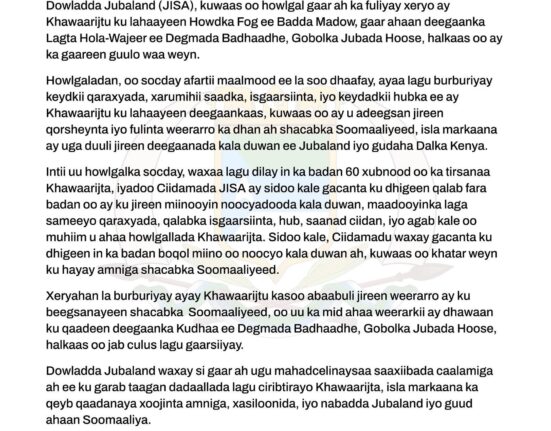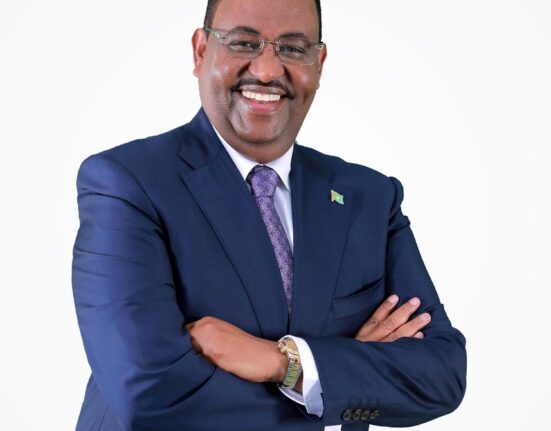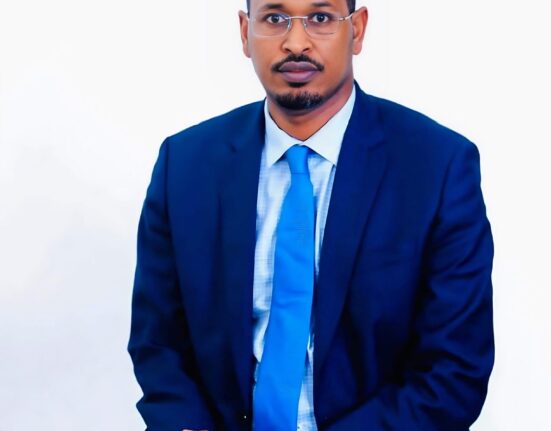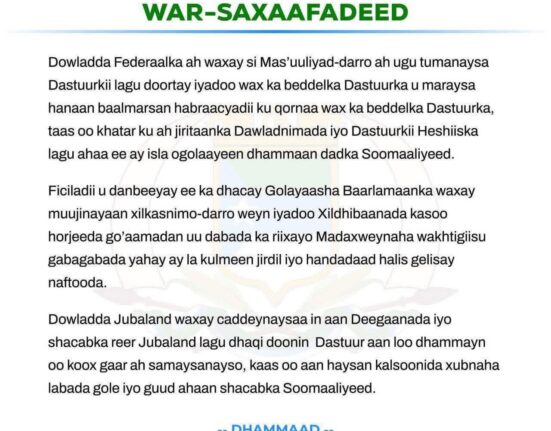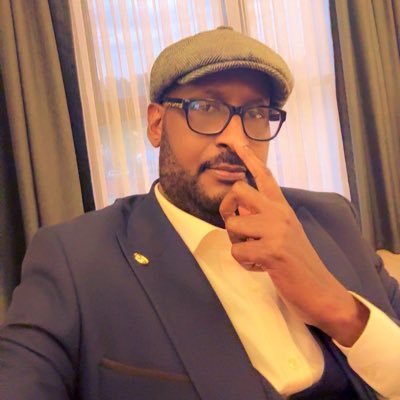
“The Somali Region owes no one the version of itself that once played small for survival.” – Cagaweyne.
Indeed — it does not. That iteration of subjugated silence, that edited self trimmed to fit the narrow corridors of fragile federal tolerance, belongs to history. Real growth, as all sacred things are, is not polite. It does not ask permission to expand. It does not apologize for becoming. The Somali Region is no longer seeking safety in the margins — it is bursting into its unbending truth, shedding old skins stitched together by colonial leftovers and post-empire convenience.
“Now, it is becoming unrecognizable to those still loyal to old fears and fragile comfort.”
Let them resist. Let them misread. Let them cling to nostalgic architectures built on sand. The tension we feel — in policy rooms, in speeches that stammer to contain a region no longer content with being patronized — is not failure. It is not disintegration. It is the birth cry of a region finally unfolding into its destined shape.
But as this sacred becoming continues, some attempt to drown it with synthetic narratives — one in particular, far too frequent of late: the claim by politicians that they, under their benevolent tenure, “made the Somali people feel Ethiopian.” A line so audaciously hollow it echoes with historical amnesia.
Let us say it plainly: being Ethiopian is not a feeling to be gifted — it is a choice born of dignity, not dictated from podiums. This type of rhetoric reduces identity to a propaganda project, a public relations performance rather than a process of sincere coexistence. It insults the intelligence of a people who have endured dispossession, displacement, and decades of civil exclusion, only to be told now that they were finally “allowed” to feel belonging.
No, belonging is not conferred by politicians — it is cultivated by people.
To posture as the sole author of Ethiopianism in the Somali Region is not only historically inaccurate; it is dangerously arrogant. It suggests that identity was a vacuum waiting to be filled by the arrival of a savior, when in fact it has always been a fire — muffled, perhaps, but never extinguished. The Somali people did not become Ethiopian under anyone’s rule. They chose to remain so — again and again — even when the Union bruised them, even when citizenship felt conditional.
Ethiopia’s survival — and more so, its dignity — demands a new grammar of nationhood. One where identity is not claimed by individuals, but co-authored by peoples. One where being Ethiopian is not weaponized as a reward, but recognized as a coexistence of layered allegiances — regional, cultural, spiritual — none of which negate the other.
We are past the era of mythmakers. The age of manufactured loyalties must yield to something sturdier: mutual recognition, not manipulation. Consent, not coercion. Respect, not reduction. Politicians must outgrow this outdated theater where legitimacy is measured by the number of flags one can drape over a people’s shoulders. The region is not their project. It is its own entity — wounded, wise, and waking up.
Let this be said for posterity: The Somali Region was never lost. It was only underestimated. And now that it is rising, it will not fold back to fit within the comforts of those who fear its full expression.




